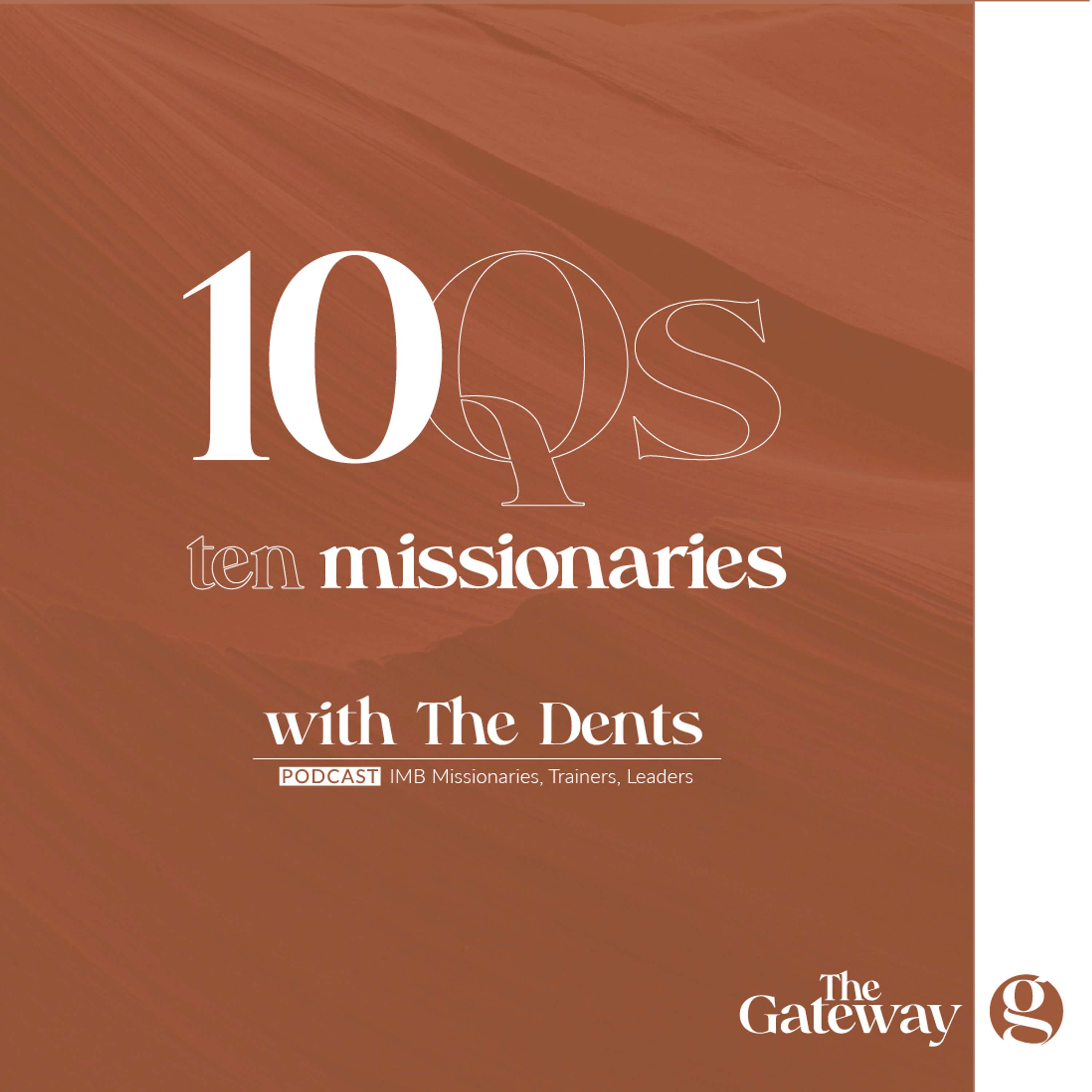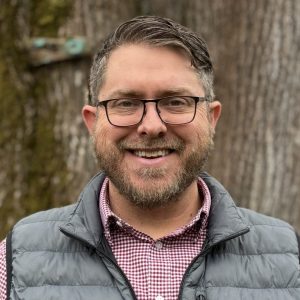Shadow Christians are people who work in dimly lit margins, in the shadows created by the spotlight shining on others. They are believers who serve quietly, often anonymously, doing the work that keeps churches, organizations, families, and communities functioning. Shadow Christians make an impact even when no one knows their names.
If there had been an organizational chart when “Kingdom Incorporated” was a start-up, it would have looked like this. Jesus was in the top box. He was definitely in charge. The next level had three boxes occupied by Peter, James, and John. A case could be made Peter’s name should have been in a shaded or slightly larger box, since he was recognized as a leader among this inner core. The next level of the chart was the other nine named disciples. They were placed in leadership, but at a lower level than Peter, James, and John.
All these men are named leaders. They are famous (infamous in the case of Judas) in history. Some of their remarkable feats are described in the Bible; others in Christian history. They have churches and schools and religious orders named after them. In some traditions they are called saints. People venerate them, even to the point of praying to them or ascribing spiritual power to their likeness or relics. They are spotlight leaders, not shadow Christians.
The next level on the Kingdom Inc. org chart shifts the focus as “the Lord appointed seventy-two others, and he sent them ahead of him in pairs to every town and place where he himself was about to go” (Lk. 10:1). Jesus selected 72 followers and sent them to do his work. He then described what they were supposed to do, summarized by these key words.
Pray— “The harvest is abundant, but the workers are few.Therefore, pray to the Lord of the harvest to send out workers into his harvest” (Lk. 10:2).
Trust — “Don’t carry a money-bag, traveling bag, or sandals; don’t greet anyone along the road” (Lk. 10:4).
Bless — “Whatever house you enter, first say, ‘Peace to this household.’ If a person of peace is there, your peace will rest on him; but if not, it will return to you” (Lk. 10:5).
Reside — “Remain in the same house, eating and drinking what they offer, for the worker is worthy of his wages. Don’t move from house to house…. Eat the things set before you” (Lk. 10:7-8).
Heal — “Heal the sick who are there…” (Lk. 10:9a).
Witness — “…and tell them, ‘The kingdom of God has come near you’” (Lk. 10:9b).
Warn—“When you enter any town, and they don’t welcome you, go out into its streets and say, ‘We are wiping off even the dust of your town that clings to our feet as a witness against you’” (Lk. 10:10-11a).
Pray, trust, bless, reside, heal, witness, and warn was their job description. Their assignments were hands-on ministry tasks, not managing others who did the work. They were promised their work would be challenging, rife with difficulty, and met with opposition. These weren’t cushy management positions.They were line jobs in ministry production.
These kingdom workers were vital for expanding Jesus’ ministry and connecting his mission to a larger audience. But were they really? Jesus had the power to communicate his message to everyone in the world—while simultaneously healing every sick person, feeding every hungry person, and housing every homeless person. He had the power, but chose not to use, it to produce instantaneous results. Instead, he selected 12 named disciples and 72 anonymous associates to start the process of expanding his kingdom around the world. In the beginning, Jesus’ strategy depended on using everyday people to get his work done. It still does. That’s why he chose you.
Excerpted from Dr. Iorg’s new book—Shadow Christians: Making an impact when no one knows your name
Read More

Comfort Twice Over
When we provide comfort to fellow believers, we are the means by which God has chosen to provide his comfort.

Inheritance & Glory: Our Vocation
For believers, while heaven may seem long away, our eternal inheritance is already available to us in the here and now.
Listen
Brian Borgman
On this episode of The Jonathan Edwards Center Podcast, Dr. Chris Woznicki interviews Dr. Brian Borgman regarding his book, Jonathan Edwards on Genesis. They discuss Edwards as an exegete, as an interpreter of scripture, specifically looking at Genes

The Dents
Tyler sits down with longtime missionaries and retired Gateway faculty, Don and Anne Dent. The Dents served with the IMB for over 30 years and most recently at Gateway Seminary. In this episode, they reflect on their past experiences from working in the mission field

Watch

Jonathan Edwards and the Asbury Revival
Chris Chun and Chris Woznicki discuss the signs of true revival, signs of the work of the Holy Spirit, and why it is important to critically assess the characteristics of revival in a spirit of charity.

Jonathan Edwards and the Baptists | Douglas Sweeney, Nathan Finn and Chris Chun
Dr. Douglas Sweeney and Dr. Nathan Finn joined Dr. Chris Chun for a panel discussion on Jonathan Edwards, recorded live at the SBC Annual Meeting in Anaheim.




